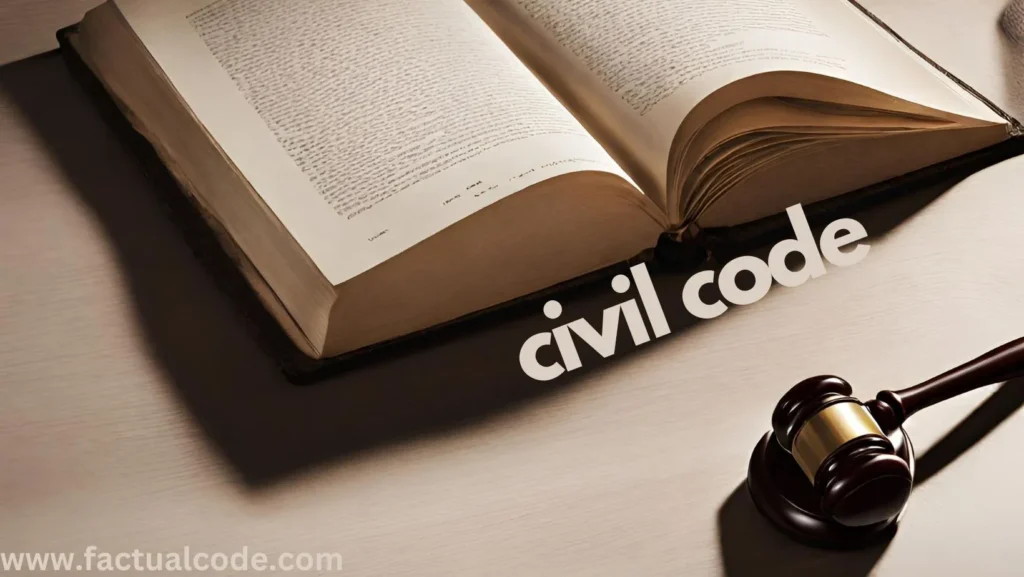Introduction
The service of summons is a critical procedural requirement in civil litigation, essential for informing defendants about legal proceedings and enabling their participation in the judicial process. The Code of Civil Procedure, 1908 (CPC), prescribes a range of methods to ensure efficient, effective, and adaptable service of summons. This comprehensive note elucidates the various modes of service under the CPC, enriched with statutory references and pertinent case law.
Modes of Service of Summons
1. Personal or Direct Service
Description
Personal service involves the physical delivery of summons directly to the defendant or an authorized representative.
Procedure
The serving officer must make a diligent attempt to serve the summons personally.
If the defendant is unavailable, delivery to an adult family member residing with the defendant is permissible.
For businesses, service may be executed by delivering the summons to a manager or agent overseeing the firm’s operations.
Legal Provisions
Endorsement Requirement
The serving officer must document essential details, including the time, manner of service, recipient’s identity, and witness information on the summons.
2. Service by the Court
Description
In this mode, the court assumes responsibility for serving the summons.
Procedure
Summons are served by a court officer if the defendant resides within the court’s jurisdiction.
Service may also be executed through post, fax, email, or approved courier services.
Assumption of Service
Service through registered post acknowledgment due is presumed valid, even if the acknowledgment slip is not returned.
Case Law
Salem Advocate Bar Association v. Union of India (2005) — The Supreme Court emphasized procedural efficiency to reduce litigation delays and underscored the importance of effective service.
3. Service by the Plaintiff
Description
The court may authorize the plaintiff to serve the summons directly.
Procedure
The plaintiff delivers a sealed and signed copy of the summons to the defendant.
The defendant’s acknowledgment of service is essential.
In case of refusal, the court may order re-issuance of the summons.
Legal Provision
4. Substituted Service
Description
Substituted service is adopted when personal service is impractical due to the defendant’s absence or deliberate evasion.
Modes
Affixation: The serving officer may affix the summons at the defendant’s residence or place of business if acceptance is refused.
Publication: The court may direct the summons to be published in a local newspaper.
Legal Provisions
Rules 17, 19, and 20 of Order 5, CPC.
Case Law
Yallawwa v. Shantavva (1996) — Substituted service is permissible only as a measure of last resort.
Sunil Poddar v. Union Bank of India (2008) — Service through newspaper publication was deemed valid even if the defendant did not read the newspaper.
5. Service by Post (Repealed)
Description
The provision permitting service through post was repealed by the Amendment Act of 1976.
Historical Practice
Previously, summons could be dispatched via registered post acknowledgment due (RPAD).
6. Service in Special Cases
Different Jurisdictions
If the defendant resides outside the court’s jurisdiction, the summons is forwarded to the relevant court for service.
Foreign Summons
Service may be conducted through diplomatic channels or competent foreign courts.
Public Officers and Specific Individuals
Summons are served through the head of the department or the commanding officer for military personnel.
Corporations and Partnerships
Summons are served on the secretary, director, or principal officer.
For dissolved partnerships, each partner must be served individually.
Refusal and Objections to Summons
1. Refusal to Accept Summons
If the defendant refuses to accept the summons, it is deemed served.
2. Objections to Summons
Objections must be raised promptly; failure to do so may result in waiver of the right to object.
Case Law
Bheru Lal v. Shanti Lal (1984) — Highlighted the necessity of prompt objections to prevent waiver.
Conclusion
The CPC’s extensive framework for the service of summons is pivotal in ensuring procedural fairness and the effective administration of justice. By facilitating timely communication between litigants, these provisions uphold the principles of natural justice and prevent unnecessary delays in legal proceedings. Understanding these modes and their implications equips law students with a nuanced appreciation of procedural law’s practical aspects.

